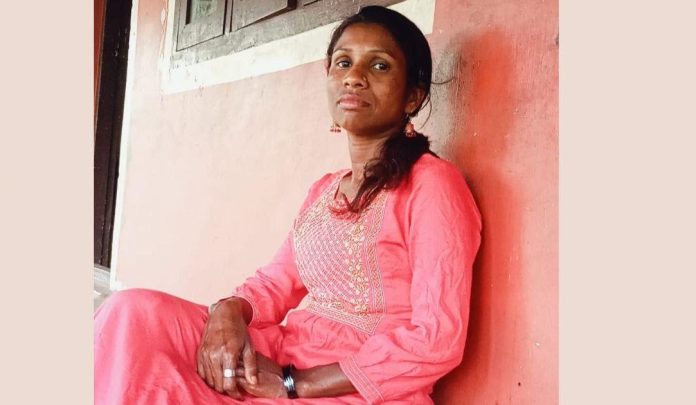22 Apr. 24
As the 2024 Lok Sabha elections draw near, discussions with Leela Santhosh, an Adivasi filmmaker from Kerala, shed light on the enduring struggles faced by marginalized communities in the state, despite Kerala’s reputation for high literacy rates and socio-economic development, reports Scroll.
Santhosh reminisced about her early years attending a government school in Kerala’s Wayanad district. At just four years old, she embarked on a challenging daily journey of nearly 5 kms through tea estates and forests to reach school. However, upon arrival, she felt utterly out of place, unable to comprehend the Malayalam language spoken by teachers and fellow students, which starkly contrasted with her native Paniya tongue.
Reflecting on her childhood marked by hardship, Santhosh emphasized the enduring challenges confronting Adivasi children today. Despite Kerala’s impressive literacy rate of 96%, many Adivasi youngsters remain without access to education. Santhosh pointed out that children from her community can still be seen idling in the villages during school hours.
The plight of Adivasi communities in Kerala extends beyond education. Santhosh highlighted pervasive discrimination faced by Adivasi children in schools, where teachers often lack the necessary training and support to accommodate their needs. She expressed disappointment in politicians’ failure to address poverty and inequality within her community, noting that promises made during election campaigns seldom translate into meaningful change on the ground.
Santhosh’s journey to empowerment began when she encountered KJ Baby, an activist and artist, who established an unconventional educational institution called Kanavu in Nadavayal village. This institution, where instruction was in the local language and emphasized arts, tribal music, folklore, yoga, and martial arts, played a pivotal role in shaping Santhosh’s identity. Inspired by Baby’s work, Santhosh herself became a filmmaker, aiming to challenge stereotypes and portray Adivasi communities authentically in cinema.
While Santhosh’s own children now attend private schools in Wayanad, she expressed concern for other Adivasi children who are left with government schools as their sole option following Kanavu’s closure due to financial constraints.
The challenges faced by Kerala’s Adivasi population are underscored by alarming statistics. A 2020 survey in Wayanad’s Noolpuzha panchayat revealed high rates of malnutrition and educational dropouts among Adivasi children, highlighting the urgent need for targeted interventions.
One proposed solution from Adivasi communities is for the government to grant them land, particularly amidst increasing conflicts between humans and wildlife that restrict their access to traditional habitats.
Santhosh’s views on political parties reflect a sense of disillusionment. While she views the BJP’s impact in her region as minimal, she acknowledges some positive gestures from the Congress, particularly appreciating Rahul Gandhi’s distribution of smart televisions to Adivasi schools in Wayanad.
As the electoral season approaches, Santhosh remains skeptical about the prospects for meaningful change, emphasizing the urgent need for tangible actions to uplift Kerala’s marginalized communities and address the persistent inequalities they face.




